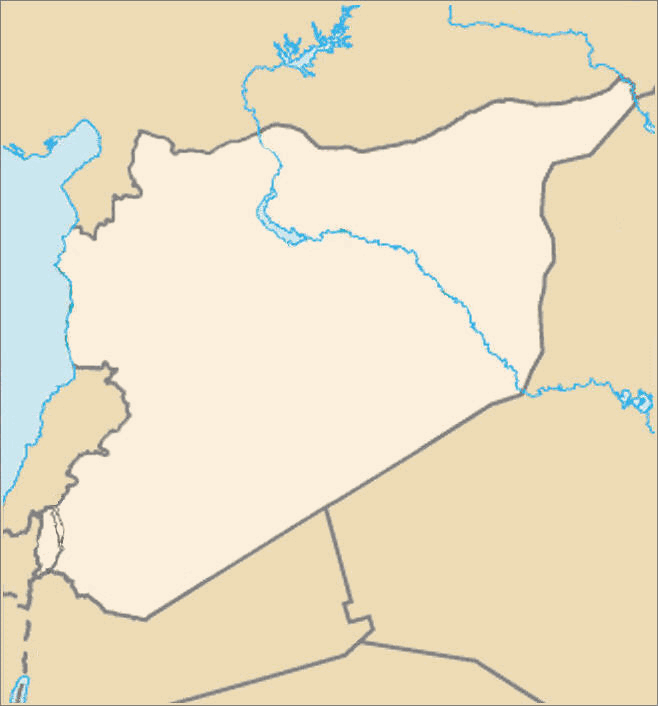[Updated] A Guide To Understanding Syria
9/4 Respected Syrian writer and activist, Rasha Othman, has compiled a list of the English language articles Syrians themselves want you to read about their country and civil war: The Articles Syrians Think You Should Read About Syria
I have a confession; too often when I hear about the latest Middle Eastern crisis, I am immediately overwhelmed by its inherent complexity and deterred from giving it the attention it deserves. I suspect that I am not the only one who feels this way. Complexity, however, does not excuse any of us from our civic duty to be reasonably informed of our nation’s actions, especially when they hold such power over the lives of others. Unfortunately, not only do individuals too often abdicate their responsibility, but most of the media has long since abandoned their charge to provide this information as corporate owners increasingly choose content purely as a function of profit margins without any sense of communal obligation. At the same time, the Internet has democratized information, but it is a noisy environment, and without trusted curators it can simply be too time consuming to find quality content.
Since I have been reading a lot of material on the civil war in Syria lately, I wanted to highlight the most informative articles and posts on the current crisis. This list is not concerned with the debate per se on U.S. involvement but is focused on content that explains the issues prompting global concern. I plan to keep this list updated as events progress, so if you have a link that would be helpful included here, please leave a comment or send me a message. Additionally, if you have a question about Syria not answered in the sources below, let me know, and I will do my best to find the answer.
If you only read one article on Syria, read this!
One of the elements that makes Syria confusing is the diversity of groups and interests fighting the government. The Australian Broadcasting Corporation (ABC) breaks down the plural opposition parties rebelling against the Syrian regime.
The violence in Syria is not simply a case of one side fighting against each other. Some of the opposition parties are also at war. For example, the Kurds and radical Islamists are locked in their own struggle.
The moral taboo on chemical weapons is explained here:
Finally, the most recent political science research on military interventions is free to access for the next 30 days. You can find links to them here: Articles on Military Intervention Ungated by SAGE
